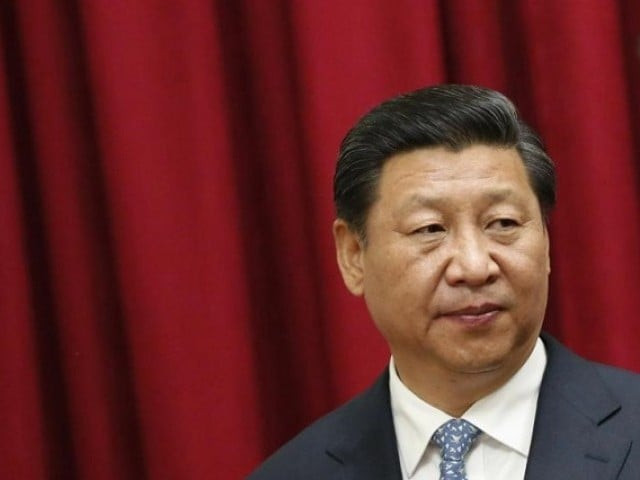Xi the globaliser
After Xi came to power in 2012, he surprised many by how quickly he took control

China's President Xi Jinping. PHOTO: REUTERS/Jorge Silva
The congress report and the party constitution revisions both have boosted Xi to be a kind of peer with the past leaders, Mao and Deng. That doesn’t mean his position rivals Mao in importance, but what is perhaps intended is to give him an ideological status like Mao in a sense. Xi’s philosophy, as enshrined in the party constitution, appears to be based on the objective of restoring China to greatness. That goal already has guided Xi’s policies of raising China’s profile in global affairs.
The party congress which meets every five years has approved the change to the Constitution adding a new phrase — “Xi Jinping’s Thought for the new era of socialism with Chinese special characteristics” — alongside the hallowed names of Mao and Deng Xiaoping.
Chinese history since 1949 is usually divided into two eras — the three decades after Mao came to power in a revolution that established a unified People’s Republic and ended nearly a century of civil war and foreign invasions, and the three decades after Deng took power in 1978 and refocused China on developing its economy. Now the critical phrase that is being associated with Xi’s rule is “new era”.
Xi in his report to the congress has pointed out that if Mao made China independent, and Deng made it prosperous, he would make it strong again — propelling the country into its “new era.” The party has virtually put Xi on a doctrinal pedestal alongside Mao and Deng. After Xi came to power in 2012, he surprised many by how quickly he took control. This included putting his imprint on two of China’s most powerful institutions, the party and the military, which he did using a sweeping anti-corruption drive.
India will soon realise benefits of CPEC, says acting envoy
The Chinese economy, state and military are much more powerful now than they were before the advent of Xi, which gives him greater global influence. In the past five years, he has assembled his own ideas of Communist Party doctrine as opposed to Western liberal ideas specifically that of the United States and other Western powers. Xi has transformed the party into what appears to be the guardian of both Mao’s revolutionary ideals and nationalist pride rooted in China’s ancient traditions.
The Chinese Communist Party has its own constitution, or charter, which is different from China’s national Constitution. The party’s constitution sets rules and principles for its members. It also lays out the party’s vision of its history, and of how current and past leaders contributed to that heritage.
Changes to this constitution can be made only at the party congress. Since the congress’s 2,300 delegates are carefully chosen, changes are thoroughly debated before being adopted.
Xi has arranged for President Trump to visit China shortly after the party congress as he was confident that he would get nearly all of what he wanted at the congress, so the risk of any confusion as to what China wanted from the Trump visit would be eliminated completely. This has now happened.
Xi has always been a champion of economic globalisation, which he articulated at Davos. He has greatly relaxed market entry restrictions along with tightening political control of the party in all spheres. There indeed appears no inherent contradiction between the two, as in the new Xi era, relaxing market restrictions or opening the economy up further will happen under the leadership of the party. And Xi has made a commitment to reinvigorate its Leninist nature and effectiveness.
Published in The Express Tribune, November 4th, 2017.
Like Opinion & Editorial on Facebook, follow @ETOpEd on Twitter to receive all updates on all our daily pieces.















COMMENTS
Comments are moderated and generally will be posted if they are on-topic and not abusive.
For more information, please see our Comments FAQ